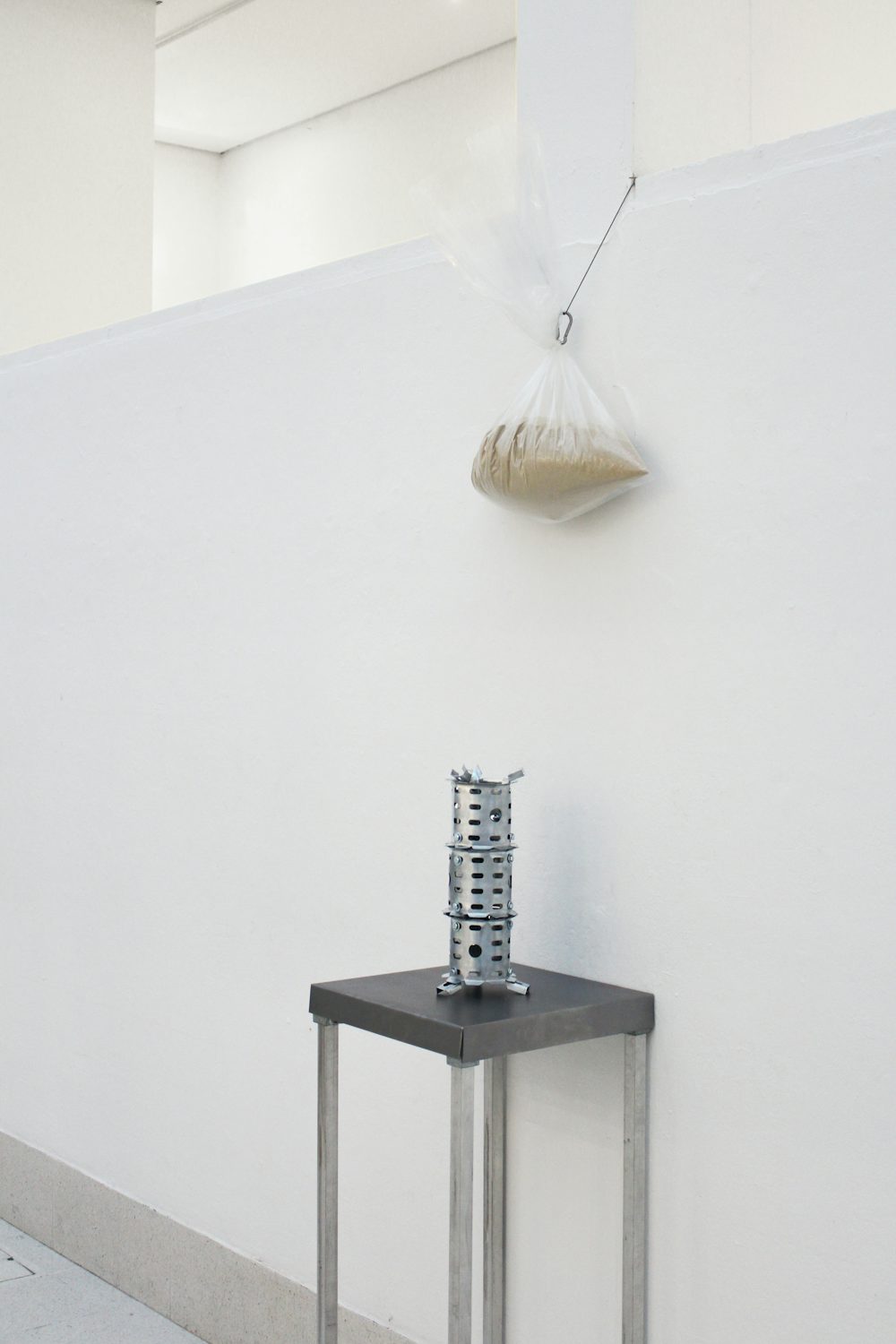FILLER explores the entanglements and evolving conditions of waste landfill sites in relation to collective environmental guilt and neglect. The landfill site acts as the physical embodiment of a culture of disregard and undefined accountability. Landfill becomes a rampant typology of its own. Modern-day capitalist society is built through over-consumption and over-production. Excess waste, in this case plastics, takes tens to hundreds of years to decompose. Western countries running out of space then export this waste abroad, neglecting responsibility. This has cultivated a wave of waste colonialism where concealment and avoidance diminishes western comprehension of the impact of plastic dumping. Max Liboiron’s book, ‘Pollution is Colonialism’, explains how plastics “teach us about relations and obligations that tend to be obfuscated from view by environmental rhetoric and industrial infrastructures” (Liboiron, 2021, p. 5). Liboiron further argues that “pollution is… an enactment of ongoing colonial relations to Land” (Liboiron, 2021, p. 6), highlighting the perpetual destructive patterns of today’s increasingly entangled world. FILLER exposes questions about the future of landfill typology. Time becomes a measure of avoidance, as mountains of plastic continues to lay undisturbed unless intervened. A dichotomy of concealment and exposure comes into play, through the metaphorical compression of western burdens against its physical expression as landfill in countries across the world.


